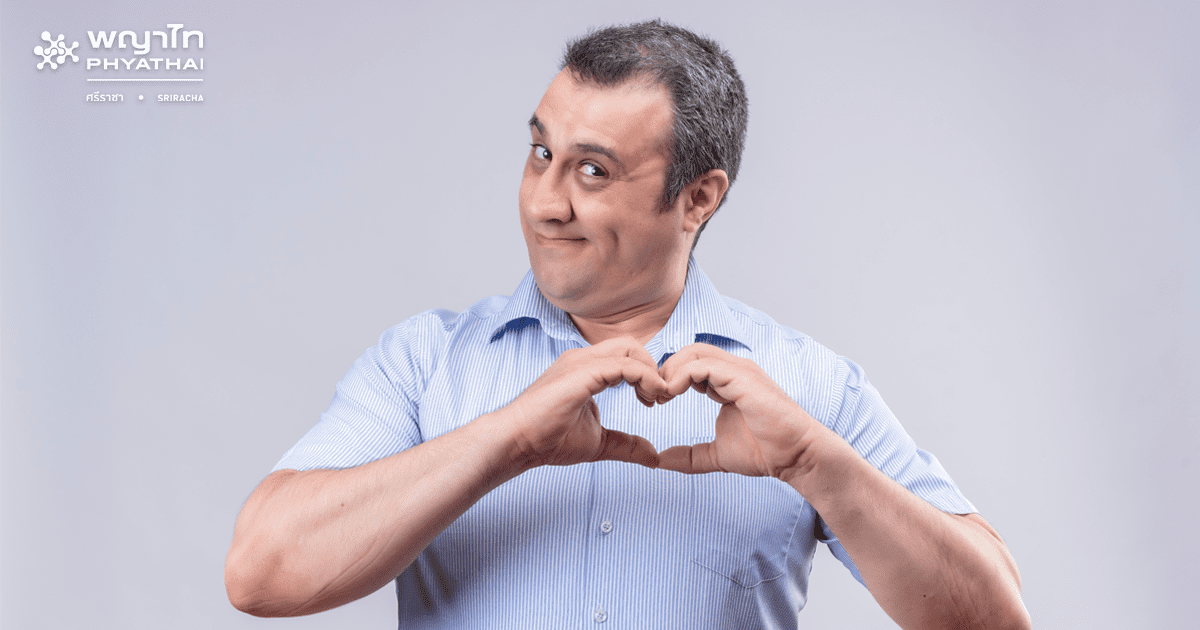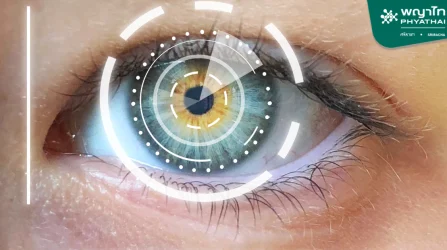For further information or Booking..
Let’s take a moment to examine ourselves and see if you do these things or not:
- Are you stressed from work or life?
- Do you have trouble sleeping or feel unrested? Do you not get enough rest?
- Do you smoke or consume alcohol regularly?
- Do you exercise less than three times a week?
- Do you have family members with a history of heart disease?
If your answer is “yes” to any of these questions, you are at risk of unknowingly facing heart disease. Nowadays, heart disease is not something distant; it is a silent threat that can silently claim your life and the lives of your loved ones without warning signs. Getting a Heart Health Check is an option that can help you be aware of heart disease even if you don’t have any symptoms yet.
Why should you get a Heart Health Check?
Because many diseases often show no symptoms in the early stages, and by the time you find out, they are usually severe or difficult to treat. An annual health check can help identify potential issues that could become dangerous from the early stages. The same goes for Heart Health Checks. They can help us identify risks and trends for future heart disease, allowing us to prevent and take better care of ourselves. Or if abnormalities are detected early on… treatment is much easier than when discovered in later stages. There are several methods for examining the heart.
- Electrocardiogram (EKG) : This is a test that examines whether there are any abnormalities in each heartbeat by placing electrodes on the skin of the chest. It is a non-invasive and safe method that can be performed on individuals of all genders and ages.
- Echocardiogram (ECHO) : This is a high-frequency sound wave examination of the heart. It uses ultrasound waves to safely transmit into the chest and then receives the reflected sound waves to create images displayed on a screen. This method provides information about the shape, size, and functioning of the heart muscles, as well as the valves, to determine if they are functioning normally.
- Exercise Stress Test (EST) : This test involves examining the heart’s electrical activity while the patient is exercising, such as walking on a treadmill or cycling. It helps screen for various abnormalities, such as shortness of breath, chest discomfort, irregular heartbeats, or changes in the heart’s electrical activity. It aids in accurate diagnosis and classification of diseases.
- CT Calcium Scoring : This test examines the amount of calcium deposits in the blood vessels using high-speed computed tomography (CT) scan. It helps assess the risk of coronary artery disease in the future and reduces the chances of sudden cardiac death.
- CT Angiography (CTA) : This method uses a CT scan to examine the blood vessels of the heart to detect any narrowing, blockages, or other abnormalities. Patients receiving this test need to be injected with a contrast dye to assist the physician in accurate evaluation. It is suitable for individuals who are unable to undergo stress testing.
- MRI can also be used to detect abnormalities in the heart.
Currently, Phaya Thai Sriracha Hospital utilizes MRI machines for diagnosing conditions such as ischemic heart muscle disease from coronary artery disease, congenital heart disease, enlarged heart, and heart failure. It helps determine the appropriate treatment options, such as medication, balloon angioplasty, or surgery, without the need for unnecessary radiation exposure. It is particularly suitable for patients with impaired kidney function and those allergic to iodine-based contrast agents.
Who should undergo these examinations?
- Individuals aged 40 and above, both males and females.
- Individuals with a history of diabetes, high cholesterol, or high blood pressure.
- Individuals who consume sweet, fatty, or salty foods.
- Regular smokers and individuals exposed to secondhand smoke.
- Individuals with a family history of heart disease.
- Individuals with inadequate rest, restless sleep, and frequent fatigue.
- Having no history of heart disease does not mean you are not at risk.



















